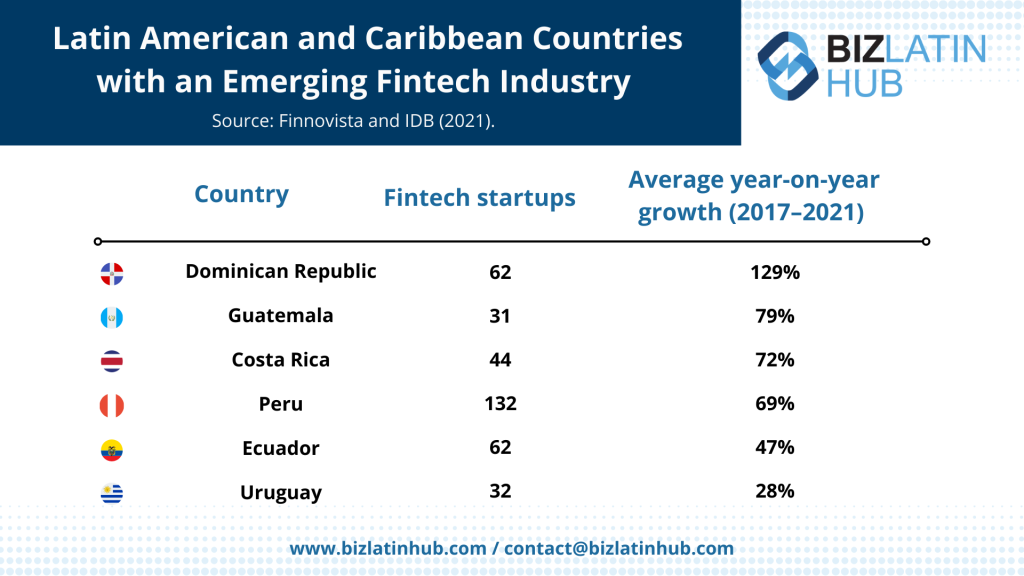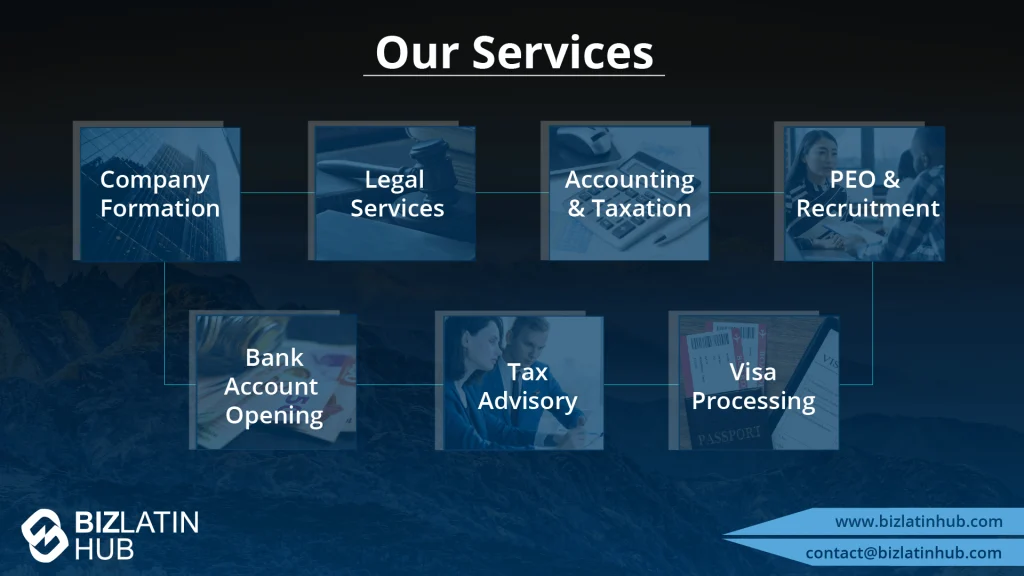Looking back at 2018, we have seen an impressive year for financial technology or ‘FinTech’ startups in Australia. The market cap of the Matrix FinTech Index grew 50 percentage points in 2018. Australia’s Fintech Sector is expected to continue its positive growth.
The next wave of value creation from younger startups is expected to be even more prominent in 2019. FinTech venture-backed organizations will support start-ups with existing financial techniques. These techniques will assist with automatic payments and cloud-based managing.
The growth of this new financial service sector has also seen its effects in Australia. With financial services being one of the country’s main sectors, Australia has a very attractive landscape for FinTech growth. We offer an outlook on the financial technology sector in Australia, where Fintech investments are pooling and undiscovered opportunities in the sector.

Australian Emerging Sector – Exploring FinTech
Bill Gates – co-founder of Microsoft – once said: “financial services will always be necessary, but not necessarily banks.’’ This statement was an insightful nod to the future of FinTech.
FinTech forms a link between finance and technology. It is translated into the use of technology to provide financial services or create innovative products. These products are not related to a physical financial institution directly. In this way, the business model is changing as everything becomes more oriented towards online financial services.
The focus has been on enhancing the value to customers such as:
- providing straightforward online registration processes
- resolving customer requests in the shortest possible time
- personalizing customer service treatment to each client
- finding ways to reach out to people who haven’t opened a bank account.
Moreover, the rise of FinTech worldwide has been an exponential one. At this point in time, the sector is doing very well. Overall global FinTech investment grew at a record pace in the first half of 2018, reaching US$57 billion.
Development within Australia
Australia has experienced rapid growth in its FinTech sector of late. Investment in Australia’s FinTech sector followed the upward trend of global growth patterns. In the first half of 2018, FinTech investment reached a total value of US$63.7 million. To compare, investment in the first and second half of 2017 totaled US$56.1 million and US$56.0 million respectively.
Larger scale investments in FinTech suggest investor confidence rises in Australia’s formidable finance sector, and bigger companies are taking more considerable risks to realize Australia’s potential in FinTech development.
As for the agenda of the Australian government, the Turnbull administration has its sights set on a robust regulatory system which gives domestic and foreign FinTech companies a chance to develop and cultivate new products and services. As a result, this enables businesses to be able to export their services around the world.
Additionally, the UK and Australian governments developed a global partnership in 2017, which promotes the acknowledgment of developing FinTech practices and problems. By acknowledging these trends and problems, the governments will be better prepared to generate policies and licenses in a fair and efficient way. Overall, keen attention at the government level should help Australian FinTech companies expand beyond their current markets.
RegTechs, the solution for financial crime
One prominent element of Australia’s FinTech sector is covered by RegTechs. RegTechs are entrepreneurs specializing in financial services. Specifically, they focus on solving the regulatory conundrum. Specifically, this refers to preventing, identifying, and mitigating and financial crime. These new RegTech firms offer the promise of innovative technologies. These technologies automate routine compliance obligations, deliver real-time risk information, enhance efficiencies and help reduce cost of regulatory processes while meeting regulatory commitments.
This side of the finance world is a constantly changing landscape. Due to increased cyber-crime capability, and financial innovators constantly looking for new solutions, regulation must keep evolving. To support innovative technologies from the biggest banking firms, the RegTechs look for ways to regulate.
While applying technology to the regulatory process is not new, this is about next-generation technologies. New solutions and models can be used to increase efficacies, agility, and transparency of financial regulations in a data-rich and analytical manner.
Standard compliance products are typically designed to address very specific regulatory mandates and require additional technical expertise to modify or enhance. However, RegTech solutions pride themselves on being agile. These firms enable the extraction, intelligent analysis and presentation of reports from standardized data. As a result, these reports meet financial regulations in near-real time.
The reg tech sector got off to a hot start in 2018, with US$1.37 billion worth of investment in the first six months, surpassing the 2017 total. Undoubtedly, ongoing changes associated with open banking in Australian and other international markets will continue to attract investment as finance sectors’ dependence on RegTech solutions grows.

InsurTech, saving insurance
Another area in Australia’s Fintech spotlight is InsurTech. The insurance industry is undergoing profound change. Key drivers include:
- the changing needs of customers
- a low-growth market that is driving sustained downward pressure on margins for insurance businesses
- the rapid development of technology.
Thus, insurance businesses recognize the need to innovate their traditional insurance models to keep up with customer demands.
Most executives have one or more of the ‘Big 5’ technologies on their radar: connected devices, artificial intelligence and machine learning, blockchain, data analytics, and platforms. InsurTech represents a new way of creating value for insurance firms and consumers.
InsurTech’s force draws from a different methodology for creating products and services. This contemporary methodology ensures solutions are customer-centric, scalable, and align with the values of today’s consumers. Subsequently, insurance companies are responding by embracing digital technologies that help transform business models and maintain resilience.
Australia’s finance sector recognizes the core strengths of InsurTechs: innovative application of technology, speed to move from ideation to a proof of concept and attitude to challenge the status quo.
Fostering market excellence
The industry has grown so significantly that an awards ceremony has been established to recognize the leaders in the market. FinTech Australia celebrated its new yearly award ceremony: The Finnies Awards. As of the 2018 ceremony, a handful of reputable companies lead the Fintech market for lending and borrowing. Namely, Afterpay has been deemed the ‘FinTech Organization of the Year,’ and Civic Ledger was voted the ‘Emerging FinTech Organization of the Year.’
Undiscovered FinTech potential
While the FinTech industry has grown at an exponential pace, there are still a handful of untapped markets that could help FinTech reach its true depth and potential. One key example are the financial problems surrounding immigration. Establishing credit and/or getting a loan in a new country is difficult for immigrants. However, what experts in the field are beginning to realize is that FinTech companies can dive into this market and ease the problem of immigration financing by acting as a ‘middle-man’ between the person’s previous bank/finances and the country they are moving to.
Furthermore, small and medium-sized enterprise (SME) banking is looking to be the wave of the future for FinTech companies. Recently, the FinTech industry realized that there is a discrepancy in the online-financial representation of SMEs. Thus, many companies are looking to serve this huge niche market. According to Financial Times, there is an estimated US$2 trillion gap between what banks are providing and what SMEs are reporting they need. FinTech companies can fill this gap with lending and consulting services.
Work with the experts to get started
With the recent developments within the financial tech world, Australia is set to profit. Its economy will see a boost in advanced financial technology and innovation-seeking startups. Moreover, profits will cascade down to a range of sectors in which your company could thrive.
If you’re looking to enter the Australian market, reach out to the local experts at Biz Latin Hub. Our team expects a bright future ahead for Australia’s economy and offers a range of market entry and back-office services to support your commercial endeavours. The country is open for those international investors on the lookout for new opportunities, and now is the right time to get started.
Reach our team of experts today via email here for personalized support on your journey.






